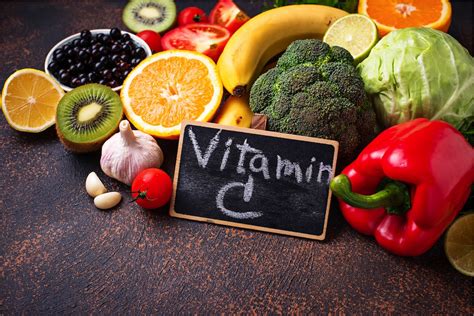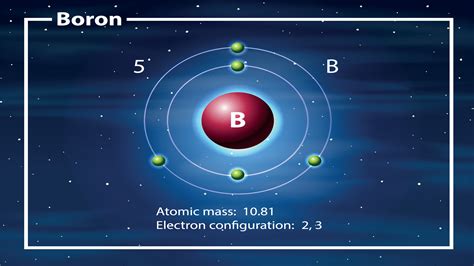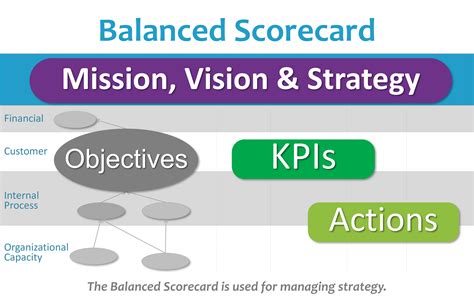Key nutrients for optimizing natural testosterone & male vitality?

Understanding the Foundation of Male Vitality
Optimal male vitality is intrinsically linked to healthy testosterone levels. This crucial hormone influences far more than just libido; it plays a pivotal role in energy levels, mood regulation, muscle mass development, bone density, and overall metabolic health. While various lifestyle factors contribute to testosterone balance, diet stands out as a fundamental pillar. Consuming a nutrient-dense diet provides the essential building blocks and regulatory compounds necessary for the body to naturally produce and utilize testosterone effectively.

Zinc: The Testosterone Mineral
Often dubbed “the ultimate male mineral,” zinc is indispensable for testosterone synthesis. This trace element is involved in numerous enzymatic reactions, including those that regulate the conversion of cholesterol into testosterone. Furthermore, zinc helps prevent the enzyme aromatase from converting testosterone into estrogen, thus maintaining a healthy testosterone-to-estrogen ratio. Deficiencies in zinc are directly linked to lower testosterone levels.
Dietary Sources of Zinc:
- Oysters (one of the richest sources)
- Red meat (beef, lamb)
- Poultry
- Nuts (cashews, almonds)
- Seeds (pumpkin seeds, sesame seeds)
- Legumes (chickpeas, lentils)
Vitamin D: The Sunshine Hormone
More accurately described as a pro-hormone, Vitamin D is critical for numerous bodily functions, including immune health, bone density, and mood. Emerging research strongly links adequate Vitamin D levels with higher testosterone levels in men. Receptors for Vitamin D are found in the testes, suggesting a direct role in testosterone production. Given that many people are deficient, optimizing Vitamin D intake is a key strategy for male vitality.
How to Optimize Vitamin D:
- Sunlight exposure (sensible and safe)
- Fatty fish (salmon, mackerel, tuna)
- Fortified foods (milk, orange juice, cereals)
- Supplementation (under professional guidance)

Magnesium: The Muscle and Hormone Supporter
Magnesium is an essential mineral involved in over 300 enzymatic reactions, including those vital for muscle function, nerve transmission, and energy production. For testosterone, magnesium plays a crucial role by reducing the binding of testosterone to sex hormone-binding globulin (SHBG). When testosterone is bound to SHBG, it becomes inactive. Therefore, sufficient magnesium can lead to higher levels of free, bioavailable testosterone, which is the form your body can readily use.
Magnesium-Rich Foods:
- Leafy green vegetables (spinach, kale)
- Nuts (almonds, cashews, Brazil nuts)
- Seeds (pumpkin seeds, chia seeds)
- Whole grains (oats, brown rice)
- Legumes (black beans, lentils)
Boron: A Lesser-Known Testosterone Booster
While not as widely recognized as zinc or vitamin D, boron is a trace mineral that has shown promising results in testosterone optimization. Studies suggest that boron can increase free testosterone levels, decrease estrogen levels, and reduce inflammation. It appears to work by reducing SHBG and increasing the absorption and utilization of Vitamin D, further supporting hormone health.
Sources of Boron:
- Fruits (apples, grapes, prunes, raisins)
- Vegetables (potatoes, leafy greens)
- Nuts
- Legumes
- Coffee

Omega-3 Fatty Acids: Healthy Fats for Hormone Production
Omega-3 essential fatty acids, particularly EPA and DHA, are renowned for their anti-inflammatory properties and cardiovascular benefits. Beyond this, they play a foundational role in cell membrane health, which is critical for hormone signaling and synthesis. Adequate omega-3 intake can help reduce systemic inflammation, which is known to negatively impact testosterone production, and contribute to overall endocrine system health.
Excellent Omega-3 Sources:
- Fatty fish (salmon, mackerel, sardines, herring)
- Flaxseeds and flaxseed oil
- Chia seeds
- Walnuts
- Algae oil (for vegetarian/vegan sources of EPA/DHA)

Beyond Specific Nutrients: A Holistic Perspective
While focusing on these key nutrients is highly beneficial, it’s crucial to remember that optimal testosterone and male vitality result from a holistic approach. A balanced diet rich in whole, unprocessed foods provides a synergy of nutrients that work together. Beyond nutrition, factors such as regular strength training, adequate sleep, stress management, and minimizing exposure to endocrine-disrupting chemicals are equally vital components of a comprehensive strategy for maintaining robust male health.

Conclusion: Fueling Your Vitality Naturally
Optimizing natural testosterone and male vitality is an achievable goal through informed dietary choices. By prioritizing foods rich in zinc, vitamin D, magnesium, boron, and omega-3 fatty acids, men can provide their bodies with the essential tools needed to support healthy hormone production and function. Embrace a nutrient-dense diet as a cornerstone of your journey towards enhanced energy, strength, mood, and overall well-being.








